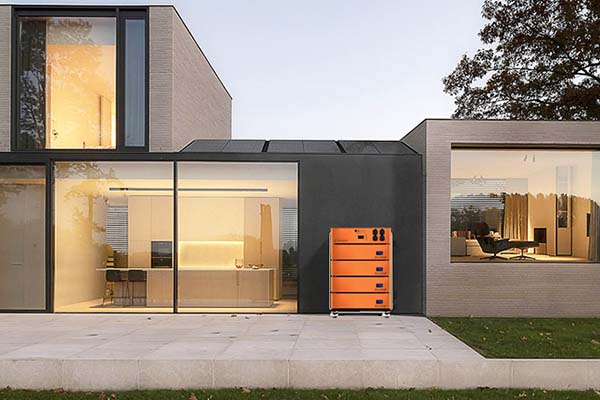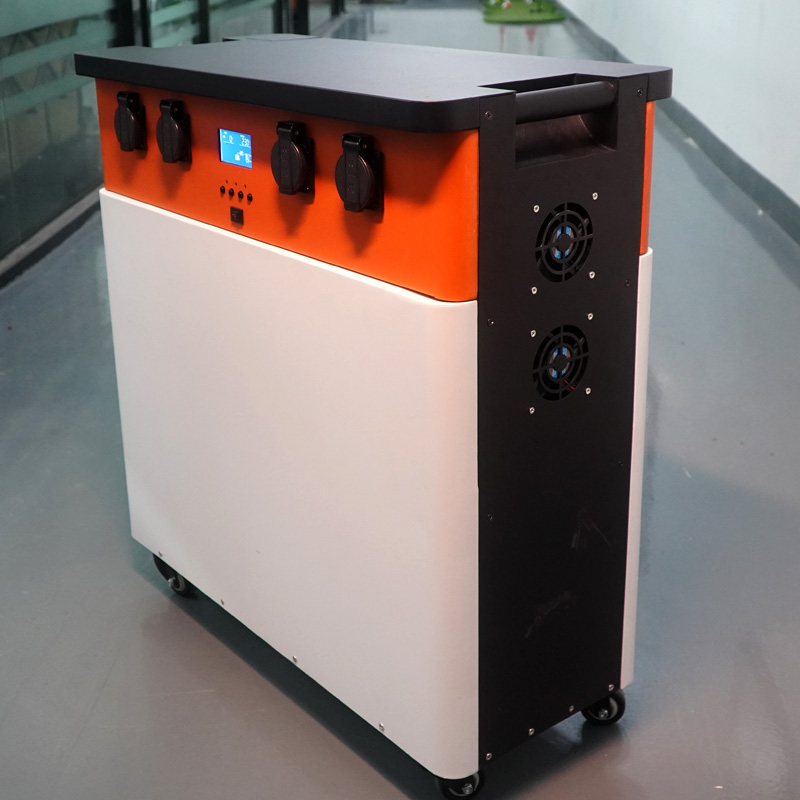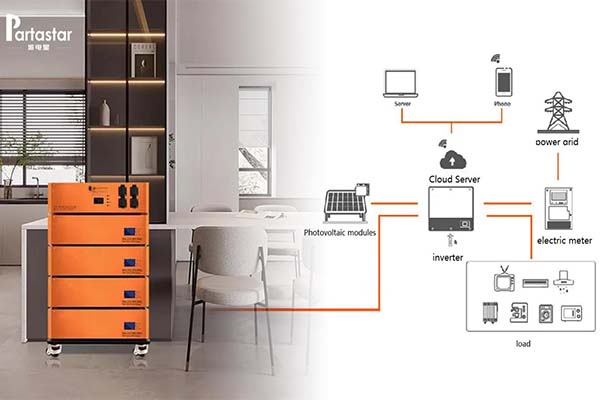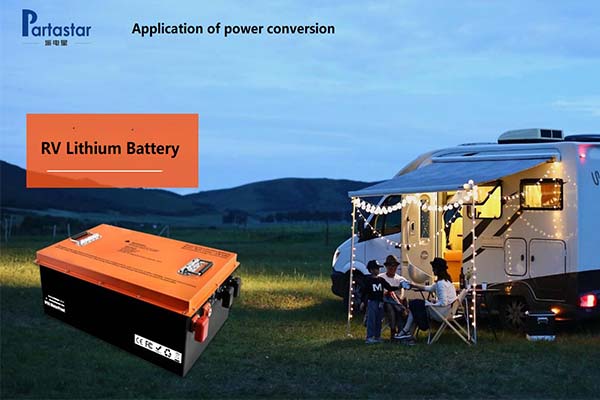In an era where uninterrupted power supply is crucial for our daily lives, having a reliable home power backup system is essential. Home energy storage has emerged as a popular solution, allowing homeowners to store excess energy and utilize it during power outages or high-demand periods. In this article, we will explore different options for home power backup, considering factors such as capacity, reliability, cost-effectiveness, and environmental sustainability, to determine the best solution for residential energy storage needs.
1. Battery Backup Systems:
Battery backup systems, particularly those based on lithium-ion (Li-ion) technology, have gained significant popularity in recent years. These systems store excess energy generated from renewable sources or the grid for later use. Li-ion batteries offer high energy density, efficiency, and long cycle life, making them a reliable choice for home energy storage. They come in various capacities, allowing homeowners to select a system that aligns with their energy requirements. Battery backup systems provide seamless power during outages and can be easily integrated with solar panels or other renewable energy sources, offering a sustainable and reliable home power backup solution.
2. Fuel-Based Generators:
Fuel-based generators, such as diesel or natural gas generators, have long been used as home power backups. These systems provide a high level of reliability and can deliver significant power output. However, they have drawbacks, including noise, emissions, and dependency on fuel availability. Fuel-based generators require ongoing fuel procurement and maintenance, which can add to their operational costs. Additionally, they contribute to air pollution and carbon emissions, making them less environmentally friendly compared to battery backup systems.

3. Solar Plus Storage Systems:
Solar plus storage systems combine solar panels with a battery backup system, offering a comprehensive and sustainable solution for home power backup. During daylight hours, the solar panels generate electricity, which can be used to power the home and charge the battery backup simultaneously. Excess energy is stored in the batteries for use during the night or in case of a power outage. This integrated approach maximizes the utilization of renewable energy and reduces reliance on the grid. Solar plus storage systems provide a reliable and environmentally friendly home power backup solution, offering long-term cost savings and energy independence.
4. Microgrid Systems:
Microgrid systems provide an advanced home power backup solution by creating a localized grid that operates independently of the main utility grid. These systems combine renewable energy generation, energy storage, and intelligent energy management to ensure a continuous power supply. Microgrids can seamlessly switch between grid-connected mode and islanded mode during outages, allowing homeowners to maintain power without interruption. These systems are highly reliable and offer enhanced energy resilience, making them suitable for areas prone to frequent power disruptions or for homeowners seeking maximum power reliability.
5. Considerations for Selecting the Best Home Power Backup:
a. Energy Requirements: Assess your energy needs during outages and determine the required capacity for the backup system. Consider essential appliances and systems that need to be powered, such as refrigeration, lighting, heating or cooling, and medical equipment.
b. Cost-effectiveness: Evaluate the initial investment, operational costs, and potential long-term savings of different backup options. Consider factors such as equipment costs, maintenance requirements, and fuel expenses.
c. Reliability: Assess the reliability and uptime of the backup system, considering factors such as the system's ability to provide seamless power during outages, its response time, and the overall system durability.
d. Environmental Impact: Consider the environmental implications of the backup system. Opt for solutions that minimize carbon emissions, reduce reliance on fossil fuels, and promote sustainability.
e. Scalability: Determine if the backup system can be easily expanded or upgraded to meet future energy needs. This is particularly important if homeowners plan to expand their renewable energy generation capacity or increase their energy consumption in the future.
Conclusion:
The best home power backup solution depends on various factors, including energy requirements, cost-effectiveness, reliability, environmental impact, and scalability. Battery backup systems, such as Li-ion-based systems, offer a sustainable and efficient solution, providing seamless power during outages. Solar plus storage systems combine renewable energy generation with battery backup, maximizing energy utilization and reducing reliance on the grid. Microgrid systems provide enhanced energy resilience and reliability for homeowners seeking the utmost power uptime. While fuel-based generators offer high power output, they come with drawbacks such as emissions and ongoing fuel costs. By considering these factors and weighing the pros and cons, homeowners can select the best home power backup solution that meets their specific energy needs, promotes sustainability, and ensures uninterrupted power supply in times of need.



